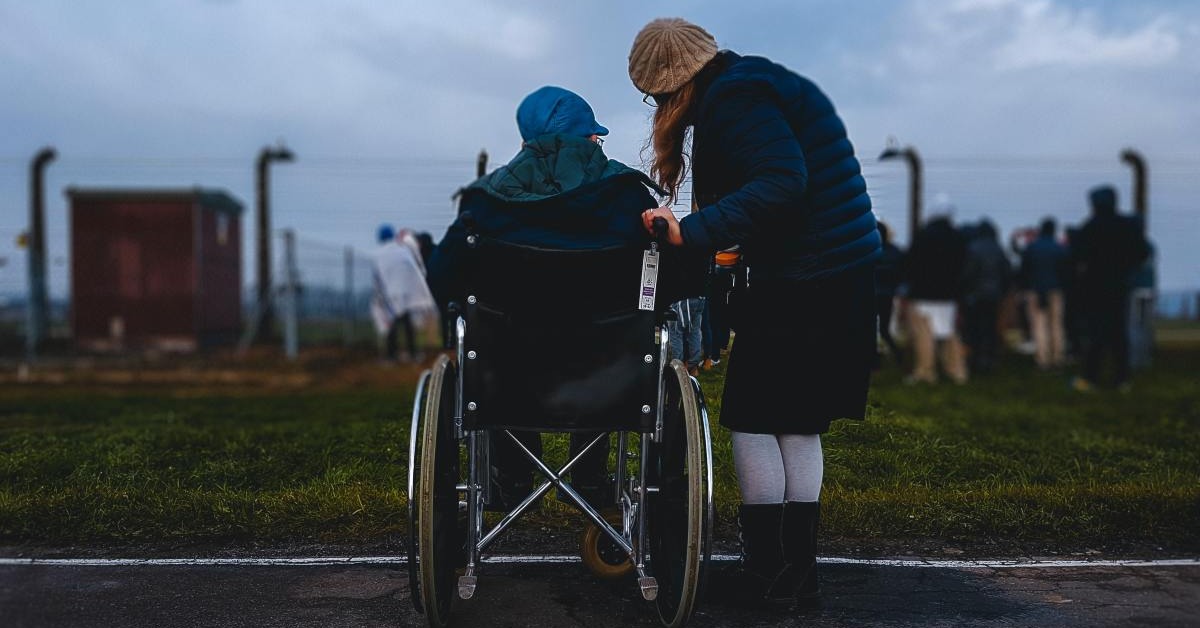
Where Can a Family Nurse Practitioner Work?
You'll find FNPs in primary care clinics, hospitals, urgent care [...]

The nursing profession offers compelling opportunities from its entry levels all the way up to advanced practice, management, and leadership. You can get started as a licensed practical nurse (LPN) performing basic care and record-keeping tasks by completing a vocational training program and passing the NCLEX-PN exam. Earn an associate’s or bachelor’s degree in nursing and you can advance to the role of registered nurse (RN), taking on more responsibility and earning more in the process.
Nurses looking to advance further typically pursue advanced practice nursing (APRN). According to the Bureau of Labor Statistics, about 300,000 APRNs practiced in the US in 2021, a number the agency predicts will swell to about 420,000 by 2031. The American Association of Nurse Practitioners (AANP) reports a higher estimate; by its tally, more than 350,000 nurse practitioners currently hold licenses in the US. Regardless of the source, this is a large and rapidly growing profession.
The AANP reports that 70 percent of NPs are family nurse practitioners, making it by far the most popular field in advanced practice nursing. What do these critical health care professionals do? This article explains and also discusses why you might choose to become a family nurse practitioner.
A nurse practitioner is a type of advanced practice registered nurse (APRN). Other types include:
All APRN roles require an advanced degree, either a Master of Science in Nursing or a Doctor of Nursing Practice. Upon graduation, APRNs must earn certification and licensure in their specialization area. The exact requirements are set by the individual states.
Nurse practitioners treat individual patients. They assess conditions, order tests, provide diagnoses, recommend treatment, and write prescriptions. Their scope of practice is regulated by the states and accordingly varies by location. In about half the states, they enjoy full practice authority (i.e., they work entirely autonomously). In all others they are subject to some supervisory relationship with a primary care physician; this relationship is often so inobtrusive that patients are unaware of it. NPs have the power to prescribe medications in all 50 states and in the District of Columbia.
Most nurse practitioners are certified in one or more specialty areas. These include (in descending order of popularity):
Some NPs pursue advanced certifications in such areas as:
A nationwide physician shortage and concurrent increase in demand for health care services (the result, in part, of a rapidly aging population) has boosted demand for nurse practitioners, physician assistants, and other primary caregivers.
A family nurse practitioner (FNP) provides comprehensive primary health care for patients of all ages. FNPs treat everyone from infants to senior citizens. To practice, they must hold the appropriate academic degree (either a Master of Science in Nursing or a Doctor of Nursing Practice) and all certifications and licenses as required by the state in which they work.
FNPs promote preventative care, healthful living, and disease prevention. They also diagnose and treat a broad range of health conditions, including diseases, injuries, and chronic ailments. You’ll find FNPs working in physicians’ offices, hospitals, urgent care centers, community health centers, occupational health clinics, specialty practices, and private practice.
Family nurse practitioners perform most of the same functions we typically associate with primary care physicians. Their responsibilities include the following.
FNPs meet one-on-one with patients to conduct physical examinations, diagnose and treat injuries and illnesses, manage chronic conditions, and counsel patients on effective preventative care practices. FNPs can order lab tests, write prescriptions, and refer patients to specialists.
FNPs advise patients on lifestyle choices, including diet, exercise, and mental health. They help patients identify potential near- and long-term health risks and recommend actions to reduce risk and improve overall health.
A family nurse practitioner can develop one or more areas of specialization to incorporate in their professional practice. They may specialize in a particular age group (pediatric, gerontology), disease group (diabetes, addiction), or health care practice (emergency medicine, occupational health).
FNPs ensure their patients’ medical records are accurate and up-to-date to facilitate accurate care and health insurance reimbursement.
Becoming a family nurse practitioner is a long and challenging process. You’ll have to become a registered nurse first and work in that role long enough to gain substantial work experience. Then you’ll have to go back to school to earn a graduate degree. Finally, you’ll need to pass challenging exams and earn your license and appropriate certifications.
Is being an FNP really that much better than being an RN? Is it worth the expense and effort? Obviously, only you can make that decision for yourself. There are many compelling reasons to consider it, though.
As an advanced practice nurse, you’ll diagnose patients and prescribe treatments. You’ll help patients identify their health care needs and create plans to promote their well-being. Those opportunities simply aren’t available to registered nurses.
Your graduate-level education will train you in advanced medical theory and practices. Your new skills and knowledge will empower you to have a more positive impact on patient outcomes.
As an FNP, you will have greater freedom to assess patients and recommend remedies. Even in states with restricted practice authority, no one will be looking over your shoulder or telling you what to do. Most FNPs advance to this role because they enjoy knowing that patients hear and heed their guidance.
According to the Bureau of Labor Statistics, nurse practitioners earn an average annual income of $126,260. Registered nurses earn, on average, $86,070 per year.
Earning a graduate degree opens numerous opportunities in nursing leadership and management. It also positions nurses to develop advanced specializations and pursue certifications that broaden their practice and impact.
Nurse practitioners and physician assistants are particularly critical in filling the health service gap in underserved communities. FNPs can be the primary health care professionals in some community health centers.
With greater responsibility and impact come elevated levels of job satisfaction. According to American Association of Nurse Practitioner data, nearly 80 percent of nurse practitioners are satisfied or very satisfied in their workplaces.
(Updated on June 17, 2024)
Questions or feedback? Email editor@noodle.com

You'll find FNPs in primary care clinics, hospitals, urgent care [...]

We explain the steps necessary to become a licensed mental [...]

Top earners in substance abuse social work can earn over [...]

Successful healthcare organizations can only function with seasoned executive leadership [...]

Geriatric social workers do meaningful work for the betterment of [...]
Categorized as: Advanced Practice Nursing, Nurse Practitioner, Nursing & Healthcare